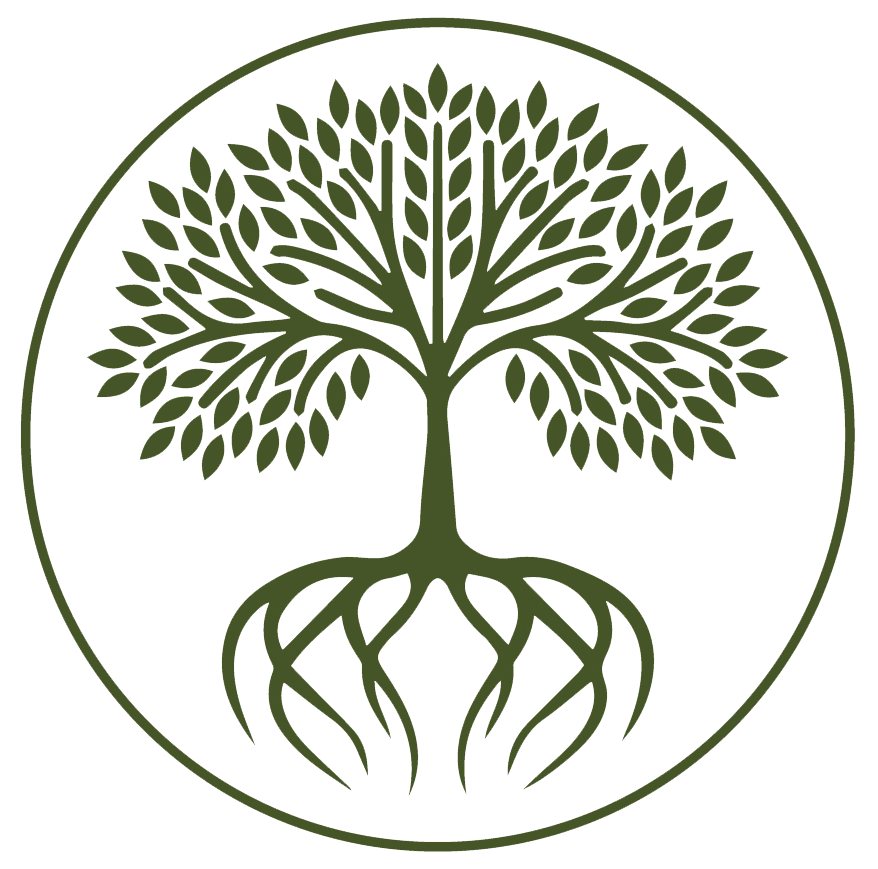Are you contemplating recovery?
Do you experience a painful fixation on food, your eating habits and your body? Most people who struggle with an eating disorder don’t even know it’s a problem until everything falls apart. Disordered behaviours can be sneaky, subtle, or even socially accepted. Diet culture will make it seem like it has all the answers until you find yourself deeply entrenched, battling to burrow your way out.

You may have concluded that you may be struggling with disordered eating or an eating disorder. Perhaps you have completed a screening tool, questionnaire or received feedback from friends, colleagues or loved ones. Perhaps your body has let you know that these disordered behaviours are no longer serving you well. This may be a terrifying realisation that would be easier to ignore however, ignoring it will not make it magically go away. Would you take the time out to recover from the flu or a physical injury like a broken arm? If you responded “yes”, then this raises the question of why it’s generally harder to take some time out to attend to our mental health.
There are many common myths about eating disorders and so it is vital to highlight that eating disorders do not discriminate and that anyone in any body size can be affected. These disorders do not have a specific “look” despite the stereotypical images portrayed by the media. Most people struggling with eating problems do not necessarily check all the boxes in terms of the DSM-V qualifying criteria as these conditions are often rather complex and have different presentations. If your eating behaviours and negative body image is impacting on your daily functioning and your quality of life then it needs to be attended to. You are ‘sick enough’ to get the care that you need AND you are just as deserving of treatment as the next person.
Eating disorders are complex, multifactorial conditions with both psychological and physiological aspects that require intervention from an experienced multidisciplinary team. Your mental health is just as important as your physical health and requires regular attention. The eating disorder is invested in telling you lies to stop you from seeking care. It will keep you in its grasp by telling you the following, “You don’t need care as you aren’t sick because you don’t look sick”, or “Stop being dramatic, person x looks so much worse and needs the help more than you do”. The truth of the matter is that your struggles are valid and you are deserving and worthy of care. Asking for help doesn’t mean you are admitting to being broken or weak. In fact, it is a sign of strength and can be the first step towards life without your eating disorder, a life with meaning! Recovery is absolutely worth it!
Conversely, you may find yourself feeling ambivalent and reluctant at the prospect of letting go of your eating disorder because it may feel like a reliable, helpful friend when you are faced with difficulties in your life. In reality it is the farthest thing from a friend and is out to steal your joy. It gives you a false sense of control whilst controlling you, keeping your mind caged in a prison. Human nature is to hold onto what feels comfortable and familiar, making it easy to get sucked into the ED’s web of lies. The eating disorder voice loves to tell you that your life will be unbearable without it and that you will lose control. It is a coping mechanism as well as a way of communicating much deeper struggles that cannot be easily articulated. It is common to not see all the recovery benefits when the Eating disorder voice is constantly shouting in your ear.
The truth is, recovery is possible, and it’s a path worth taking. Some of the best decisions are also the hardest to make and there is always hope for a better tomorrow. You were not created to live a life constantly obsessing over food and your body. You have purpose and power. Shift your focus from what you could “lose” to the life worth living that you stand to gain. Cultivate a life worth living. Finding your “why?” is crucial to discovering your reason to recover. It is absolutely worth it!
At LinkedCare we firmly believe that asking for help is a strength and we are here to walk you through it.
Brene Brown says, “Vulnerability is not weakness: it’s our greatest measure of courage.”
We believe in you! Every small step counts! Reach out and start your recovery journey today!
